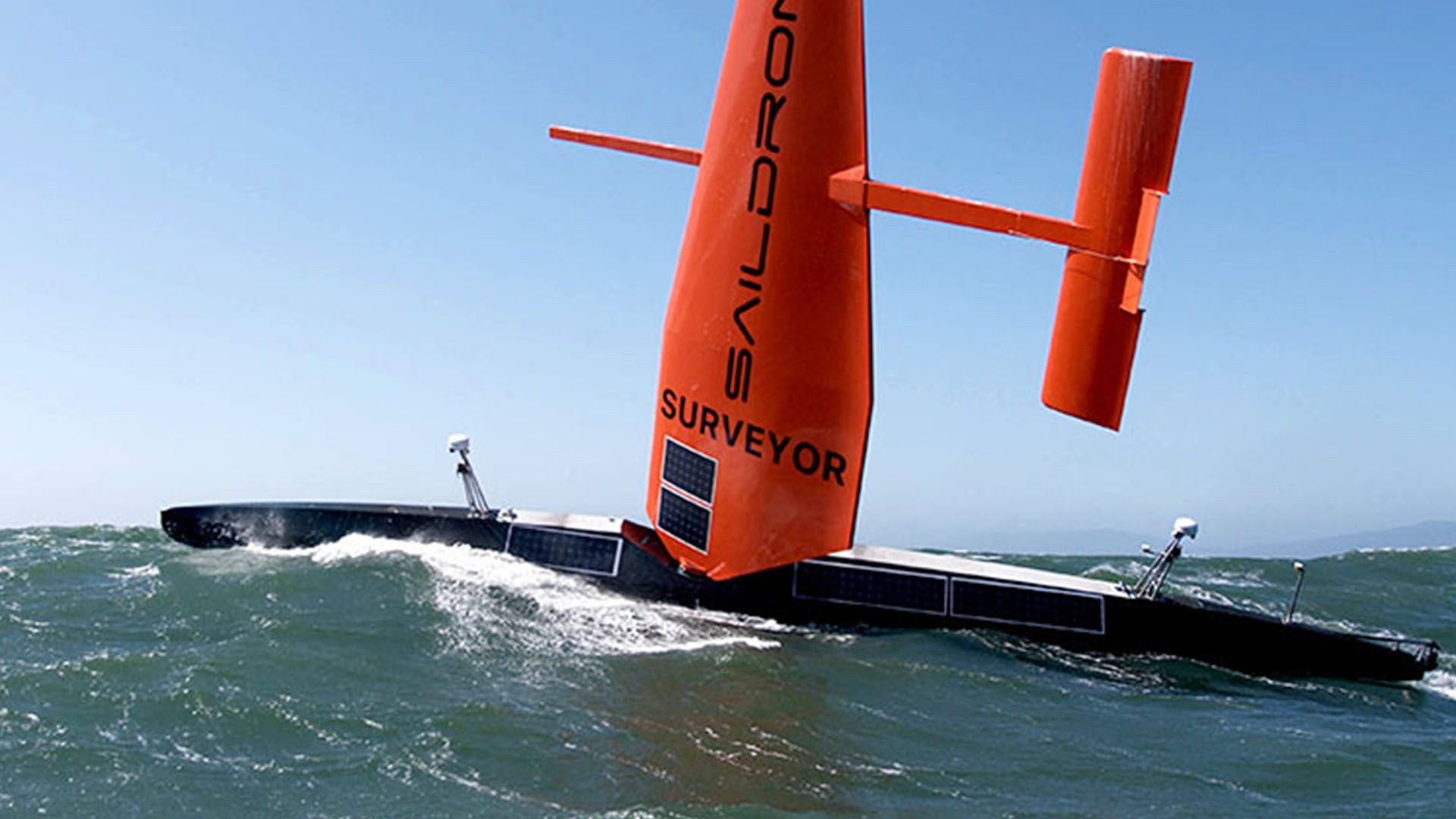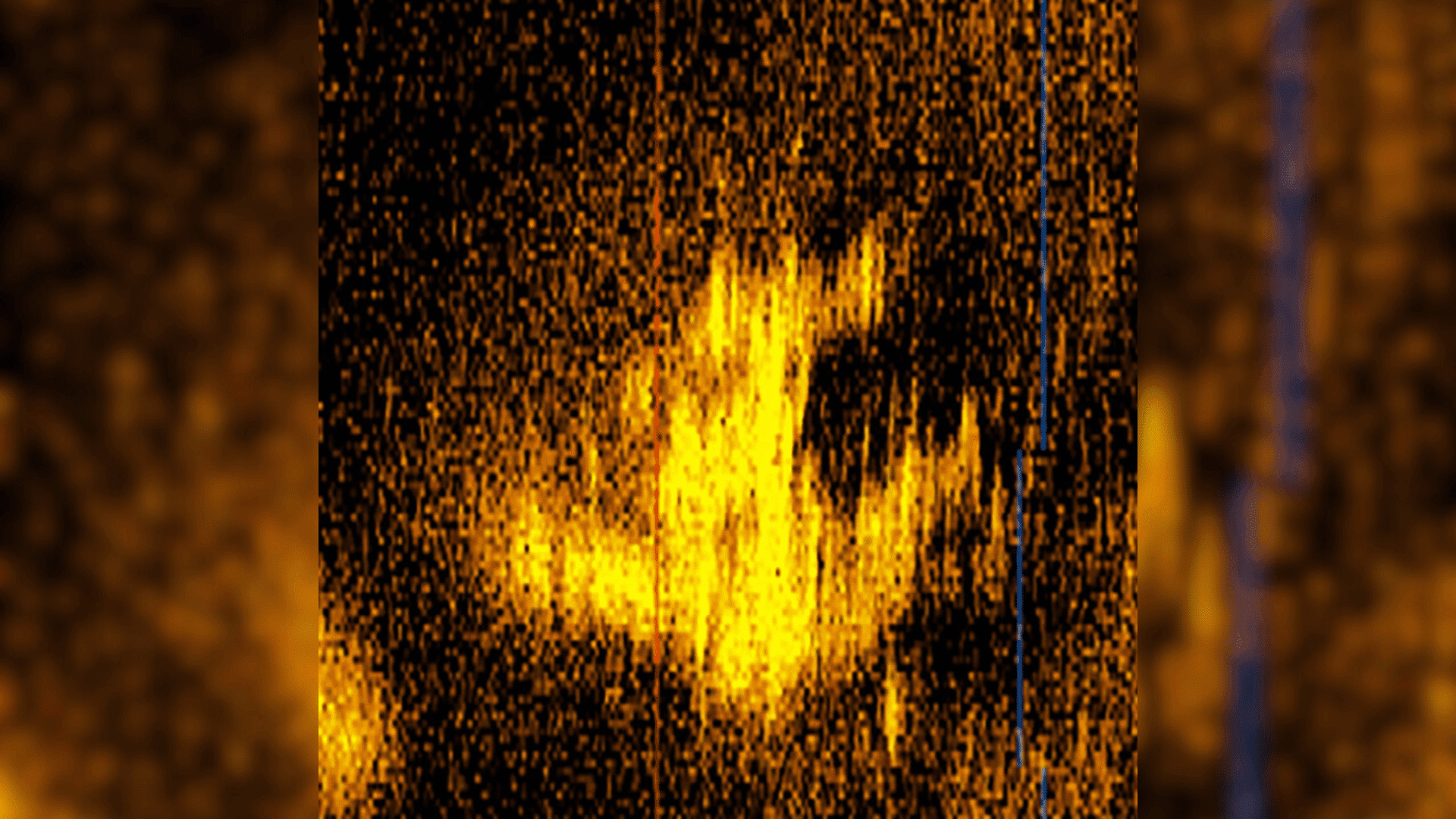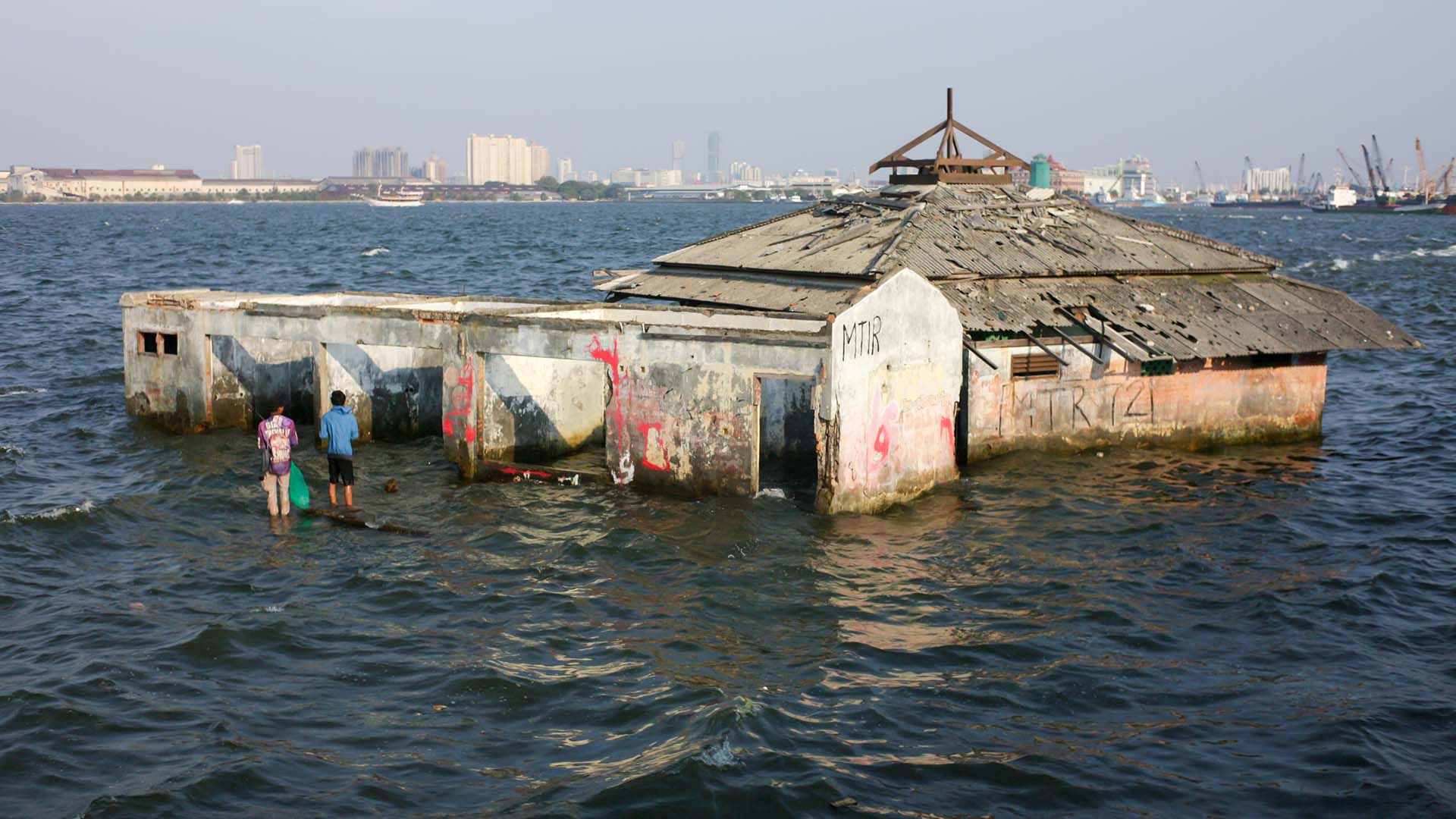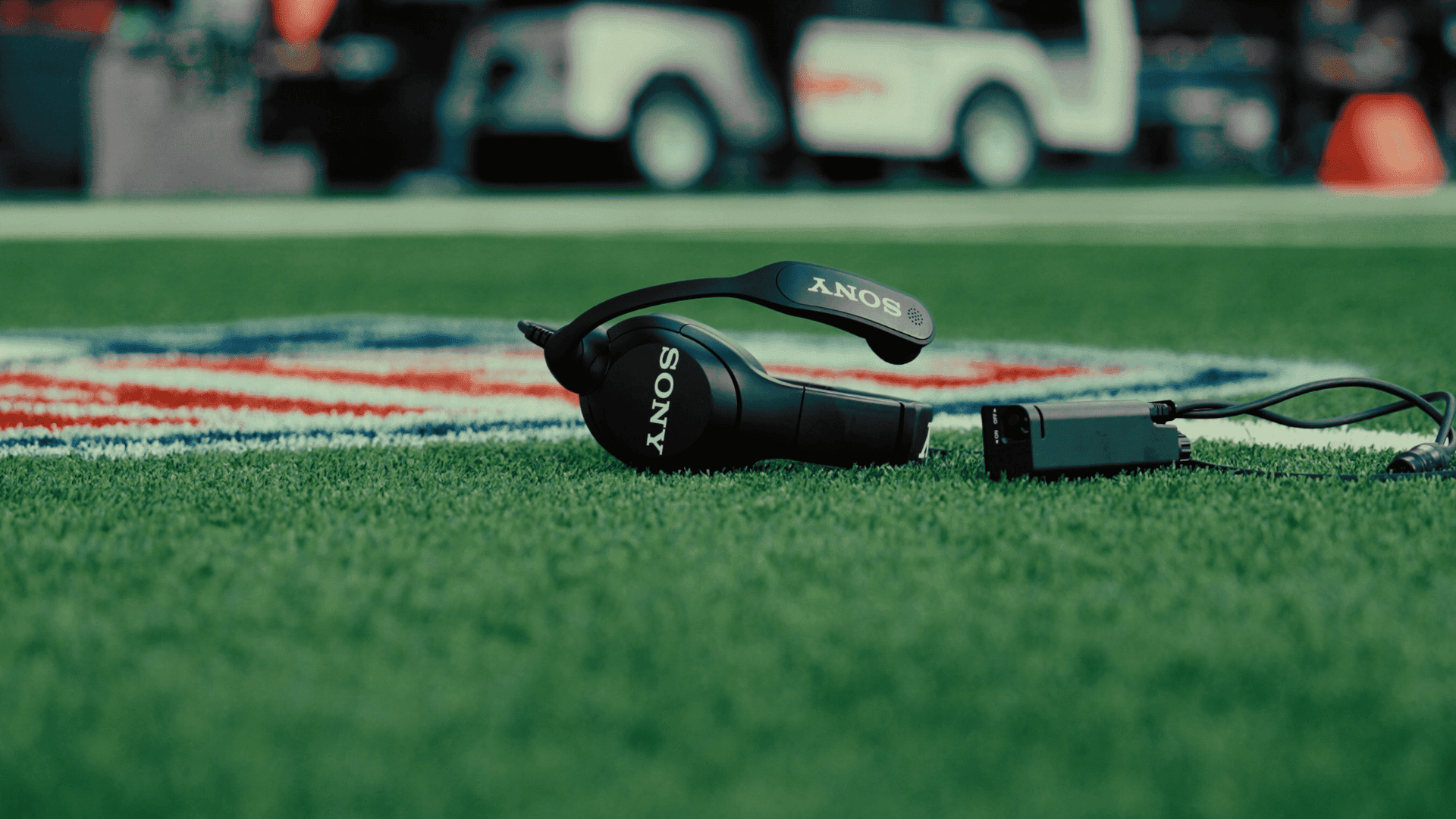The ocean covers 71% of the Earth’s surface and humans have only explored about 5%. Exploration is a tall task with obstacles deep in the ocean’s depths. But what if humans didn’t have to explore it? That’s the idea behind the international expedition MSM126 “Jellyweb Madeira.”
A team of 22 scientists is taking a closer look at a sea creature that is difficult to study. During the exploration, the team wants to understand the jellyfish’s role in the ocean’s food web.
Significance of Jellyfish
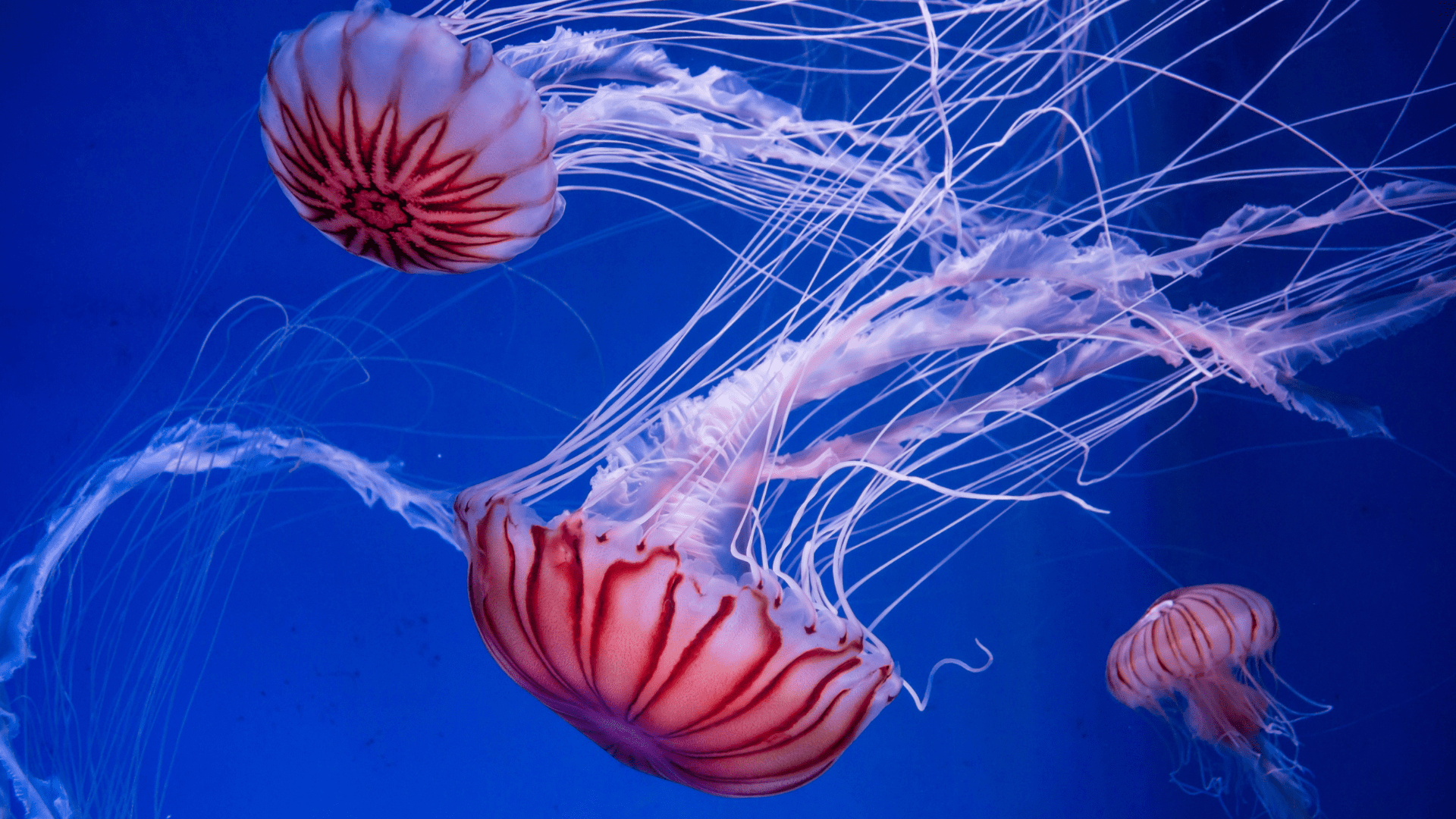
Jellyfish are difficult to study because of their fragility. Dr. Jan Dierking said, “Jellyfish are notoriously difficult to study because they are extremely fragile and therefore difficult to catch intact with nets.” Like the jellyfish itself, their role in the ocean’s food web remains unexplored. To help with their exploration, the scientists are bringing in advanced technology. Remote sensing devices, camera systems, and a deep-sea robot are among the tools they’re using.
ROV PHOCA
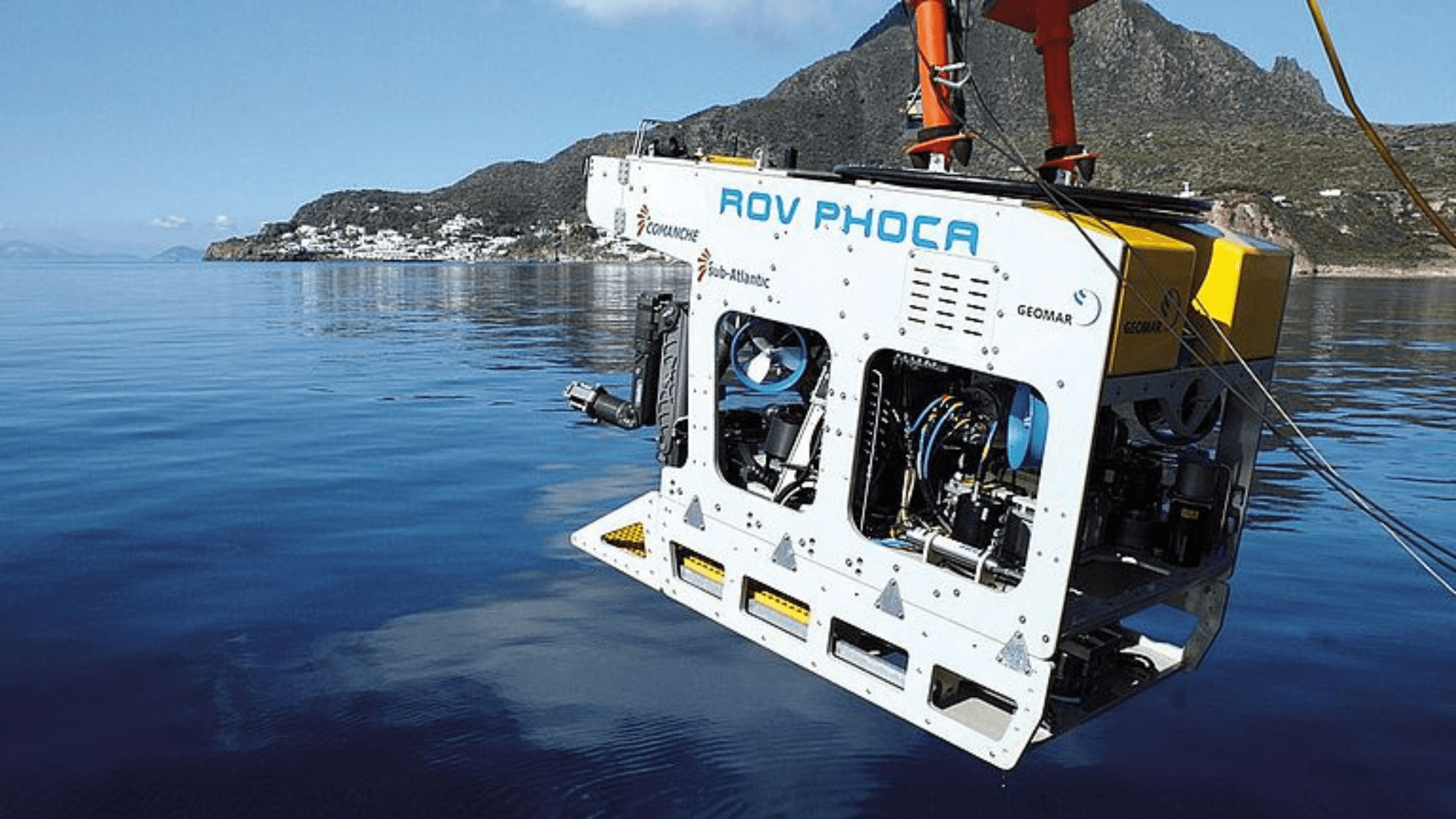
Within the technological toolbox is the ROV PHOCA, a remotely operated underwater robot. The scientists have high expectations for the robot, which they describe as the “Swiss Army Knife of marine research.” The PHOCA is capable of diving up to more than 6,500 feet in the ocean’s depth. While deep in the ocean, the PHOCA can capture live, high-definition video. Moreover, the deep-sea robot is equipped with a “slurp gun” that collects gelatinous material from the ocean floor. Scientists believe the robot has the potential to uncover hidden worlds beneath the ocean’s surface.
Collecting gelatinous material, specifically gelatinous zooplankton, is critical to their research. This helps their objectives to explore the jelly web and the intricate role the gelatinous zooplankton play. Dr. Henk-Jan Hoving, the expedition’s co-leader said, “Improving our understanding of the food web of jellyfish, also known as the jelly web, is essential to our understanding of marine food webs.”
Explore Tomorrow's World from your inbox
Get the latest science, technology, and sustainability content delivered to your inbox.
I understand that by providing my email address, I agree to receive emails from Tomorrow's World Today. I understand that I may opt out of receiving such communications at any time.
Voyage of Discovery
Beneath the ocean lies mysteries and hidden truths. The scientists conducting the exploration emphasize the importance of this mission. Not only for them but for the public and the public’s interest. They said, “There is a big effort in Madeira to increase the knowledge of the deep sea in order to better protect it.” Researchers and scientists want to open a new chapter of deep-sea exploration. They aim to open up new paths for future discoveries within marine habitats.
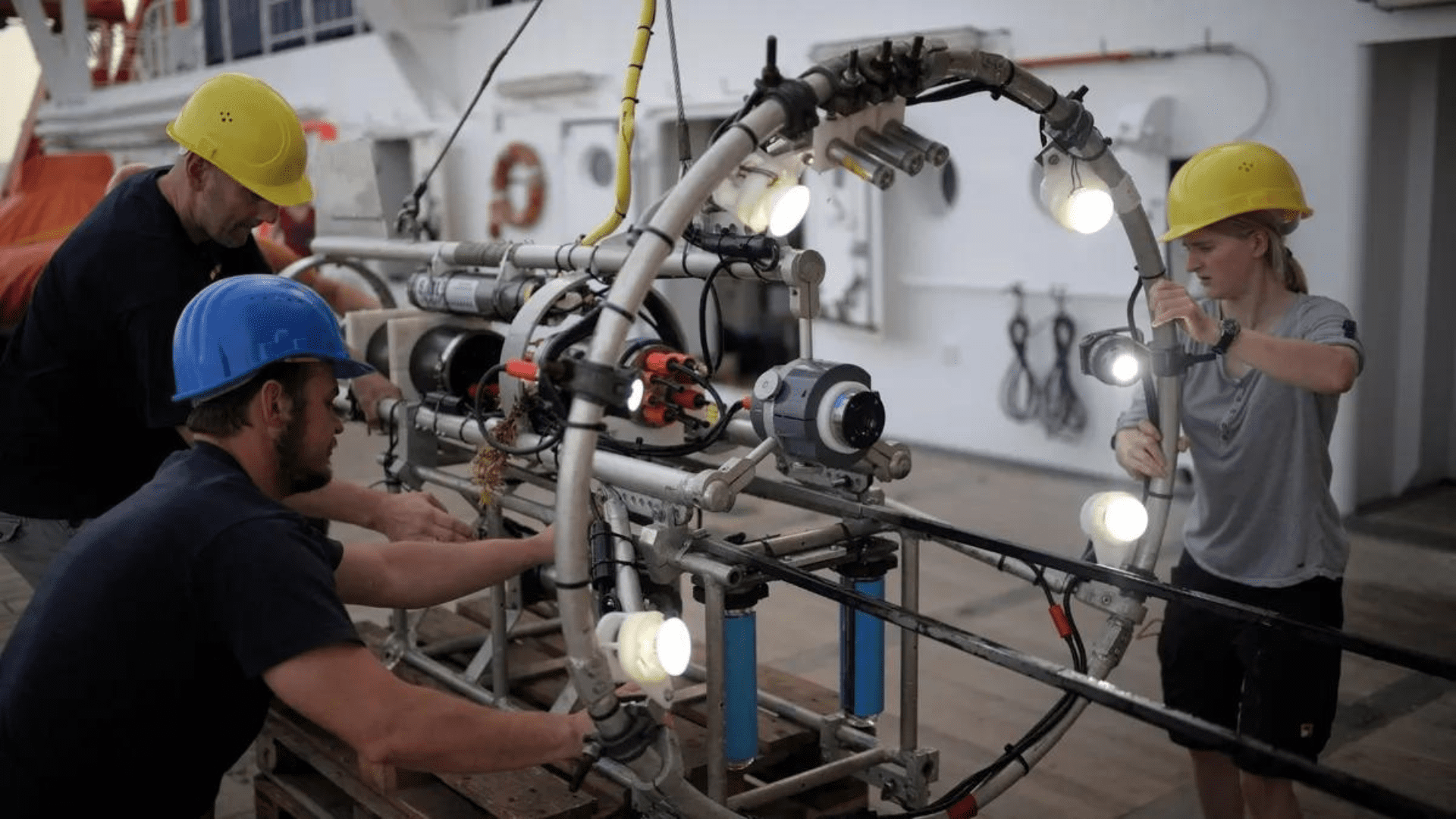
Accompanied by camera systems, nets, and a deep-sea robot, the international team of scientists set their sails for a voyage of discovery. They hope to uncover the many mysteries of the ocean and enhance their understanding of the complex ecosystems.



